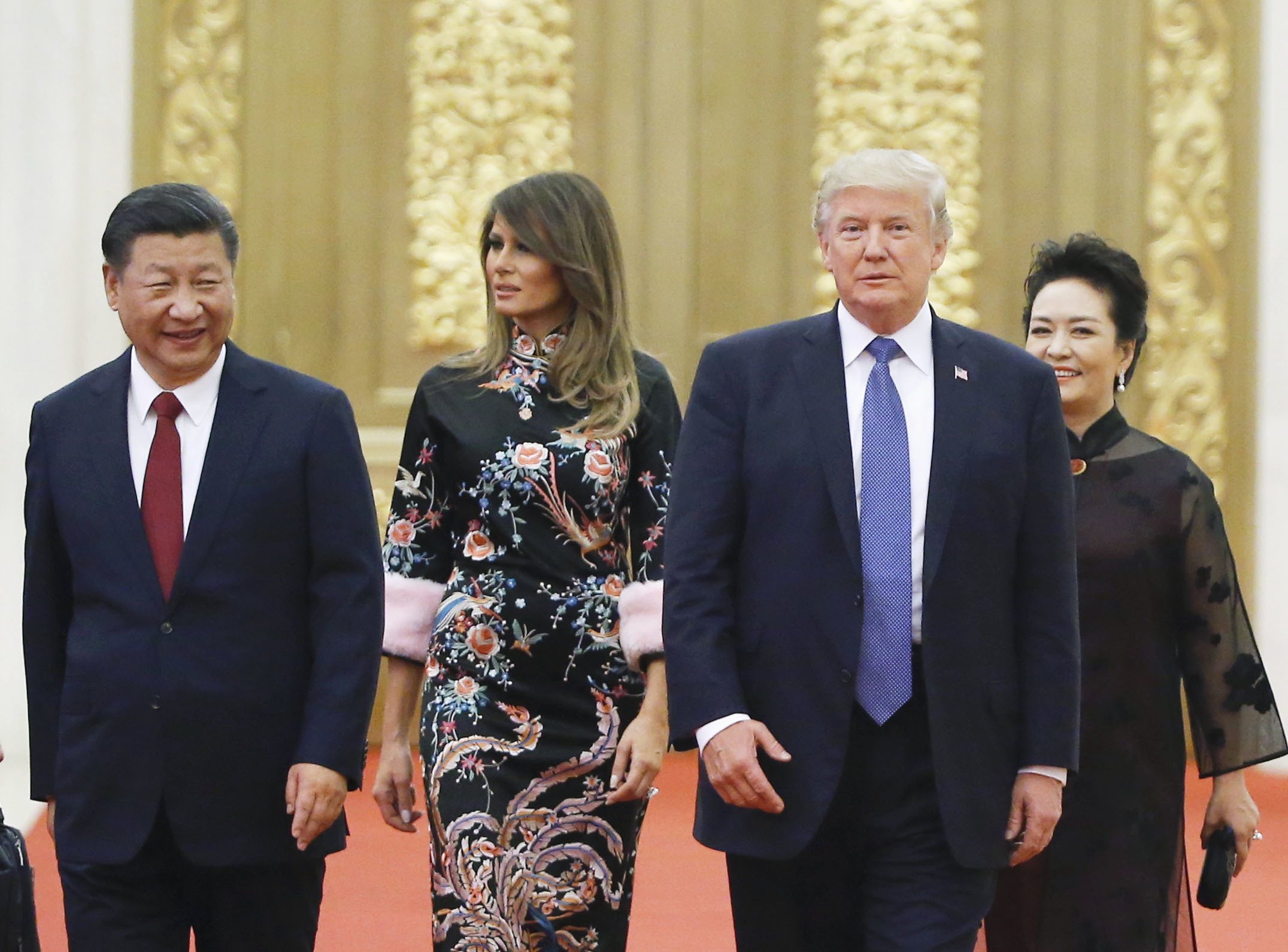Influential thinker Henry Hazlitt argued that the “art of economics” could be distilled to a generally applicable single lesson:
looking not merely at the immediate but at the longer effects of any act or policy [and] tracing the consequences of that policy not merely for one group but for all groups.
Recent news and reports require application of this lesson to the trade war between China and the United States.
On the surface, if the goal of Donald Trump’s increased tariffs on Chinese exports was to cramp China’s economy and pressure President Xi Jinping’s regime, the trade war has been a success for America’s Commander-in-Chief. The second quarter of 2019 saw China’s slowest economic growth since quarterly recordkeeping began in 1992.
There are several reasons to think that the economic difficulty in China is even worse than indicated. China’s current growth seems propped up by significant infrastructure investment financed by questionable levels of government borrowing. Further, while China remains committed to infrastructure at home, it has sharply curtailed projects overseas in recent months, indicating scarcity from the trade war may be taking a toll on Chinese efforts abroad. Finally, Chinese growth appeared strong at the beginning of the second quarter of 2019, but fell off after trade talks with the United States failed in May.
The trade war’s immediate impact on China appears to be exactly what the Trump administration was pursuing. Why not celebrate the fact that the US has successfully leveraged its economic clout against an increasingly aggressive, personalist Chinese regime?
Hazlitt’s one lesson must be applied. What unforeseen impact is the US-China trade war having?
The trade war appears to have encouraged an alarming tendency to restrict trade generally, beyond the specific context of the US-China conflict over global influence.
At the G20 Summit, Japanese Prime Minister Shinzo Abe praised a “free and open economy,” calling it “the foundation of global peace and prosperity.” Within days, he sharply restricted chemical exports to South Korea. Abe’s move has been interpreted as retribution for a South Korean court decision requiring a Japanese company to compensate a South Korean forced to labor for that company under the Japanese Empire.
With the global conflicts of the 20th century in the world’s recent past, there are numerous grievances that could potentially justify trade restrictions as political weapons. America’s trade war may appear to support this practice, opening up numerous hostilities. Japan likely would not have taken this action if the US had not led the way.
Further, Abe used a vague “national security” justification for the restrictions. The Trump administration has done the same in its various trade battles. The US even supported a Russian national security-based trade restriction against Ukraine in a landmark decision by the World Trade Organization that upheld Russia’s claim. The expanded use of “national security” language to support restricted trade damages the ability of the WTO to control the arbitrary action of powerful nations against weaker neighbors.
Who would have thought that the United States would support expanding Russia’s sphere of influence over Eastern Europe in the name of Russian national security? Thus, the trade war also has secondary effects on America’s self-image. Marco Rubio last week proposed a bill to combat China’s leading production of rare minerals, saying that his legislation “harnesses the American cooperative model as a time-tested way to correct for failed markets”.
This establishes a different vision of the United States than the typical view of a strong free-market heritage. Rubio did say that his bill would avoid “relying on heavy-handed federal intervention,” but that opens the door for seeing the “American way” as plenty of light-handed federal intervention.
The results of the US-China trade war include increased trade restrictions around the globe, a growing acceptance of vague “national security” justifications for power politics by large nations, and an increasingly anti-market self-image in America.
During heated national competition, the dignity of the individual is left behind. Personal freedom is vulnerable to claims of national need. Further, trade battles increase the importance of the state, making it the main institution responding to pressing policy concerns. Thus, subsidiary institutions, whether local governments or private organizations, may wither, and the rule of law is exposed to the necessity for quick action.
Of course, supporters of free markets understand the argument that trade restrictions hamper economic liberty and interfere with entrepreneurial attempts to create wealth. However, it is important to recognize that the US-China trade war has advanced to a stage where broader unintended consequences have developed. The trade war has fostered international political conflicts, sucking focus and energy from the healthy, gradual development of resources and culture in families and local communities and transferring attention to the “eye-for-an-eye” global gladiatorial arena of historical grievances and economic retaliation.
Photo Credit: Mises Institute (CC BY 3.0)

